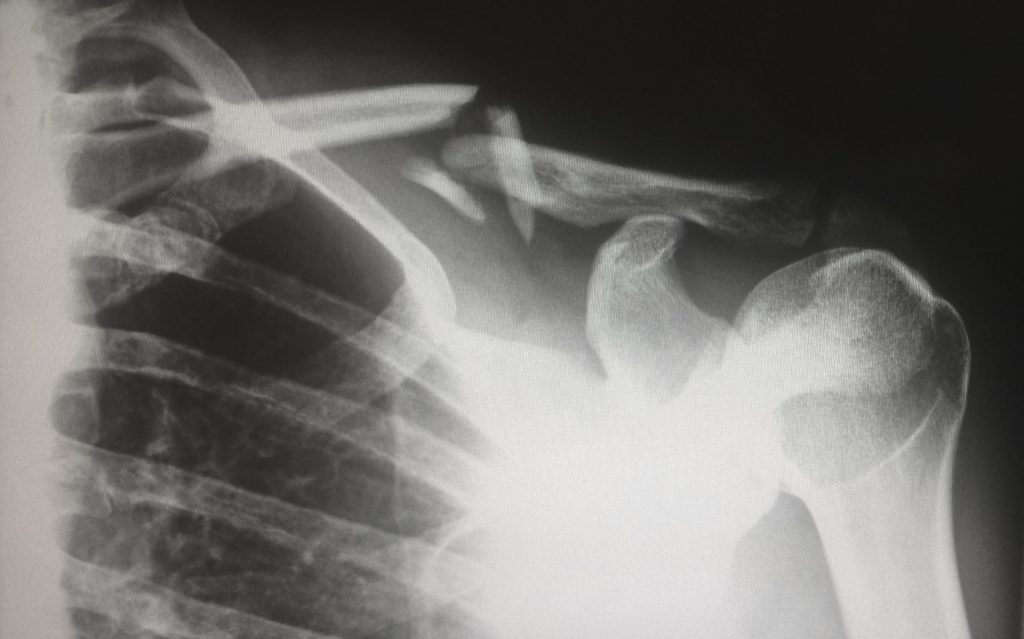
Virtually every government on earth has high-security prisons to house those who have done evil to others. Either they have wronged individuals or they have wronged society. Some are so violent and bent on destruction they cannot even walk among the rest of the prison population – these are held in solitary confinement. Yet Jesus says that even if such as these offended us, we must forgive them.
Having included the line “Forgive us our debts, as we also have forgiven our debtors,” in the Lord’s prayer, Jesus now explains more fully just how important forgiveness is. He says, “For if you forgive men when they sin against you, your heavenly Father will also forgive you. But if you do not forgive men their sins, your Father will not forgive your sins.”
He does more than simply say that though. He modeled it. When they crucified Him, Jesus said, “Father, forgive them, for they do not know what they are doing.” Even while being tortured to death by hanging on the cross, He forgave. He did more than forgive – He interceded that they might be forgiven! Such is our example!
To truly experience forgiveness, one must actually forgive. For apart from forgiveness there is only bondage. Unforgiveness always results in bondage, because unforgiveness rapidly degenerates into bitterness, and bitterness always defiles and injures. A hurt never dealt with leads to a very ugly wound indeed – a festering wound that keeps you from enjoying life the way life was meant to be enjoyed. The smell of it makes you unfit for fellowship with the king, let alone the sight. So to hold to unforgiveness is to impose a massive limitation on yourself. It effectively makes you imprison yourself in a worse way than those in solitary confinement. That is bondage, full stop.
It really doesn’t matter how a wound happened. Knowing it was an accident or knowing it was completely deliberate does not change the way you deal with a wound. You must deal with it all the same, and you must do so speedily. Trauma specialists tell us that we must follow a protocol – breathing, bleeding, burns and bones – in that order. Likewise, it really doesn’t matter how the unforgiveness got there to start with. Knowing how the offence occurred cannot change how you deal with unforgiveness either. Unforgiveness is trauma to the soul. It mandates urgent soul care, and that care also has a protocol. Certainly immediate safety (to be delivered away from the injurious person or circumstance) is critical to avoid more injury, and one must arguably experience a degree of security to look at (to address) the soul wound. But forgiveness is the salve that washes bitterness away and stops the wound from festering unto spiritual gangrene.
Forgiveness is therefore critical to our spiritual health. It is critical to being able to enjoy God and His Kingdom just as much as good health is critical to being able to enjoy our present world. How then how could we possibly believe we are obedient disciples and hold to unforgiveness? How indeed, especially knowing that God has explicitly said He will not forgive us our sins if we do not forgive others?
One must remember that our sins against God were acts of treason against Him, and He is worth infinitely more than us. In fact, He is infinitely greater than us in every possible respect. So the crimes against our being are far less grievous than our crimes against Him. Yet, “While we were still sinners, Christ died for us.” If then we are to be called by His Name, we are bound to imitate His forgiveness toward all those around us. Amen.
When Christ tells us to forgive, he is speaking to those who are most vulnerable—those who have been violated. He knows that he speaks to people whose trust has been betrayed or who face humiliation. His words are intended for those whose character has been unjustly damaged, for the one whose life has been marred by the sin of others.
Knute Larson
APPLICATION: Intentionality
Think about those who have harmed or mistreated you. Is there any malice on your part toward them still? Who do you still need to forgive?

